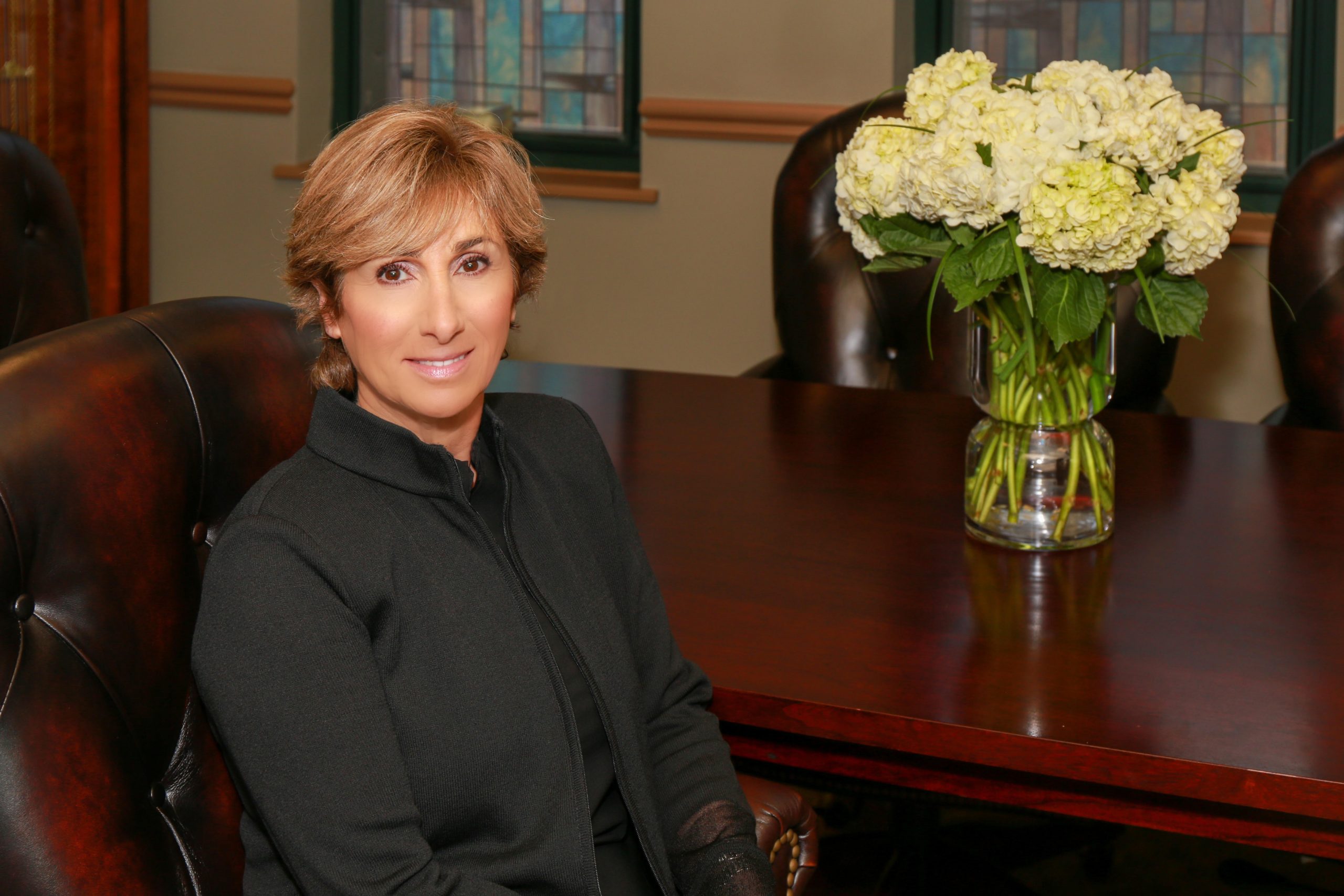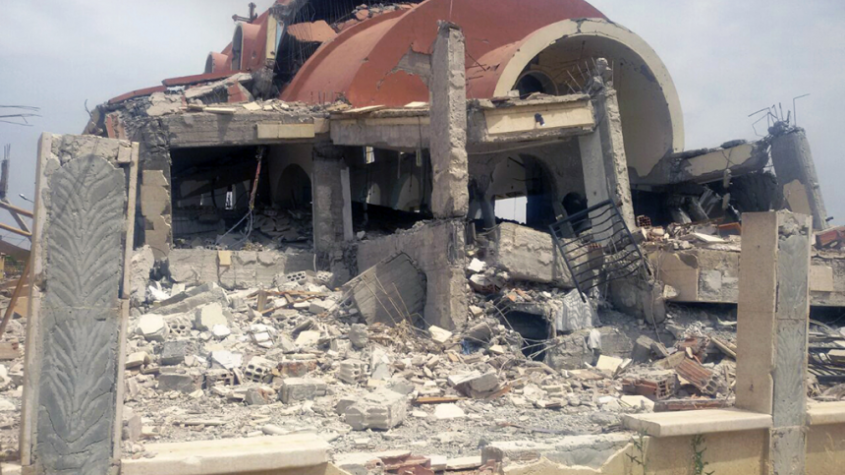On a sweltering day in early August of 2014, the terror group known as Daesh (more commonly known as the Islamic State) relentlessly attacked Yazidis living in Sinjar, Iraq, a town located in the northern, mountainous region of the country. They killed thousands of men, abducted young boys to be used as child soldiers, young girls to be used and sold into sex slavery, and thousands of women and girls remain missing to this day.
Shortly after this, the terror group attacked the Nineveh Plains (which I previously wrote about here) in the middle of the night, burning homes, farms, and community buildings along the Khabur River, forcing nearly 150,000 people to flee the region. They ransacked homes, killed many people who stood in their way, kidnapped women and young children to be raped, forced into marriage, or sold into sex slavery, and forced other victims to work as slaves. To this day, even six years later, officials continue to find mass graves of people. The atrocities are seemingly endless. Yet, despite the international community regarding these horrific events as crimes against humanity, they have done very little to provide aid and justice for the innocent victims of these atrocities.
In a report published in July 2020, Amnesty International shared “The Legacy of Terror: the Plight of Yezidi Child Survivors of ISIS” which provides insight into the horrific legacy being left behind by these tragic events, people without homes, young girls and women giving birth to children as a result of rape and sexual abuse, ongoing health struggles, inability to re-enroll in school due to the lapse of time away – the list goes on.
While COVID-19 moves through the Middle East and the rest of the world, recent reporting suggests that these terror groups are using the pandemic to rebuild their forces and regain the power they once held. While governments are focused on other security-related issues of the pandemic, it is easier for terror groups, like Daesh, to work silently in the background. Now, instead of focusing on bringing these perpetrators to justice from their crimes in the past, a new threat is on the horizon that could usher in a new wave of torment and destruction from these groups.
We desperately need peace, and the innocent Yezidi people have experienced more than enough devastation already. Through a special envoy, the UN has admitted a lack of justice for the Yezidi people, but this cannot end with a simple acknowledgement of apathy. The international community must do more, and the Iraqi government must do more to bring justice and aid to the Yezidi people. If they don’t act, not only will we not see justice for the victims of the 2014 attacks, but we may also be seeing a new resurgence of Islamic State violence.
~Nadia Cavner
www.nadiacavner.com




Leave a Reply